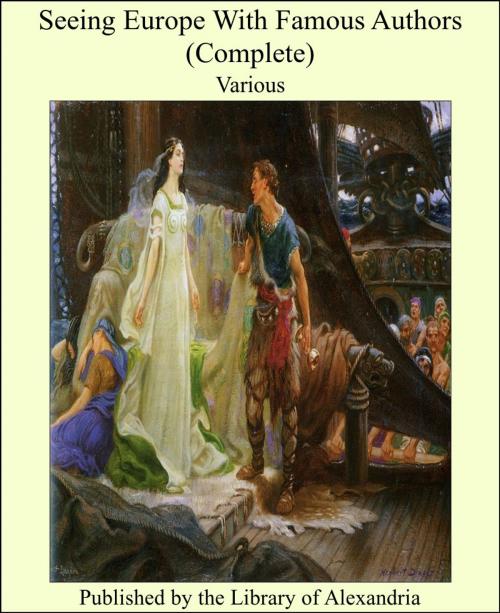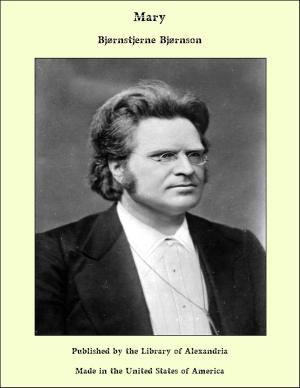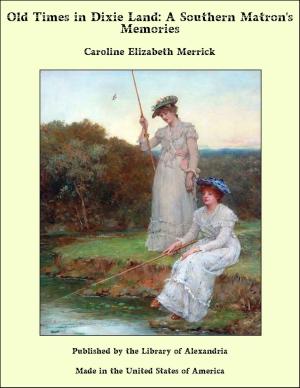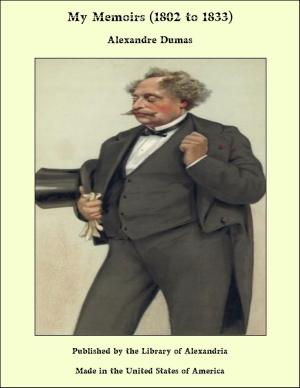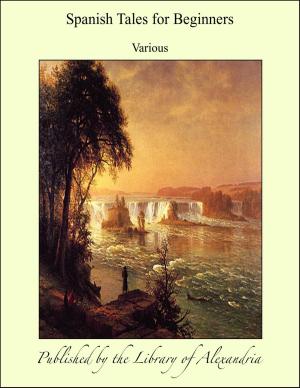Seeing Europe With Famous Authors (Complete)
Nonfiction, Religion & Spirituality, New Age, History, Fiction & Literature| Author: | Various Authors | ISBN: | 9781465541611 |
| Publisher: | Library of Alexandria | Publication: | March 8, 2015 |
| Imprint: | Language: | English |
| Author: | Various Authors |
| ISBN: | 9781465541611 |
| Publisher: | Library of Alexandria |
| Publication: | March 8, 2015 |
| Imprint: | |
| Language: | English |
A two-fold purpose has been kept in view during the preparation of these volumes—on the one-hand, to refresh the memories and, if possible, to enlarge the knowledge, of readers who have already visited Europe; on the Other, to provide something in the nature of a substitute for those who have not yet done so, and to inspire them with new and stronger ambitions to make the trip. Readers of the first class will perhaps find matter here which is new to them—at least some of it; and in any case should not regret an opportunity again to see standard descriptions of world-famed scenes and historic monuments. Of the Other class, it may be said that, in any profitable trip to Europe, an indispensable thing is to go there possest of a large stock of historical knowledge, not to say with some distinct understanding of the profound significance to our American civilization, past, present, and future, of the things to be seen there. As has so often been said, one finds in Europe what one takes there—that is, we recognize there exactly those things which we have learned to understand at home. Without an equipment of this kind, the trip will mean little more than a sea-voyage, good or bad, a few rides on railroads somewhat different from our own, meals and beds in hotels not quite like ours, and opportunities to shop in places where a few real novelties may be found if one searches for them long enough. No sooner has an American tourist found himself on board a ship, bound for Europe, than he is conscious of a social system quite unlike the one in which he was born and reared. On French ships he may well think himself already in France. The manners of sailors, no less than those of officers, proclaim it, the furniture proclaims it, and so do woodwork, wall decorations, the dinner gong (which seems to have come out of a chateau in old Touraine), and the free wine at every meal. The same is quite as true of ships bound for English and German ports; on these are splendid order, sober taste, efficiency in servants, and calls for dinner that start reminiscences of hunting horns
A two-fold purpose has been kept in view during the preparation of these volumes—on the one-hand, to refresh the memories and, if possible, to enlarge the knowledge, of readers who have already visited Europe; on the Other, to provide something in the nature of a substitute for those who have not yet done so, and to inspire them with new and stronger ambitions to make the trip. Readers of the first class will perhaps find matter here which is new to them—at least some of it; and in any case should not regret an opportunity again to see standard descriptions of world-famed scenes and historic monuments. Of the Other class, it may be said that, in any profitable trip to Europe, an indispensable thing is to go there possest of a large stock of historical knowledge, not to say with some distinct understanding of the profound significance to our American civilization, past, present, and future, of the things to be seen there. As has so often been said, one finds in Europe what one takes there—that is, we recognize there exactly those things which we have learned to understand at home. Without an equipment of this kind, the trip will mean little more than a sea-voyage, good or bad, a few rides on railroads somewhat different from our own, meals and beds in hotels not quite like ours, and opportunities to shop in places where a few real novelties may be found if one searches for them long enough. No sooner has an American tourist found himself on board a ship, bound for Europe, than he is conscious of a social system quite unlike the one in which he was born and reared. On French ships he may well think himself already in France. The manners of sailors, no less than those of officers, proclaim it, the furniture proclaims it, and so do woodwork, wall decorations, the dinner gong (which seems to have come out of a chateau in old Touraine), and the free wine at every meal. The same is quite as true of ships bound for English and German ports; on these are splendid order, sober taste, efficiency in servants, and calls for dinner that start reminiscences of hunting horns
